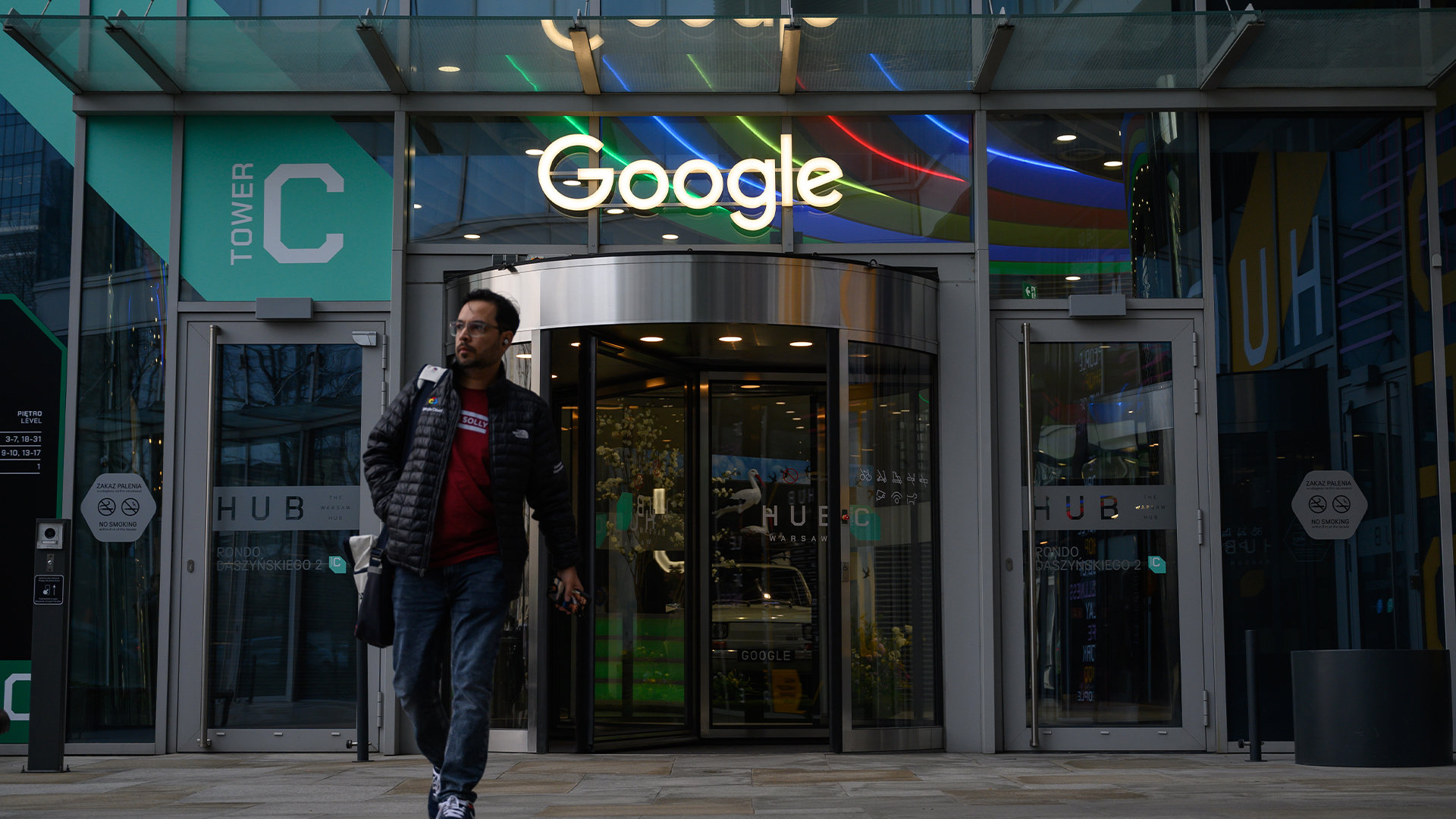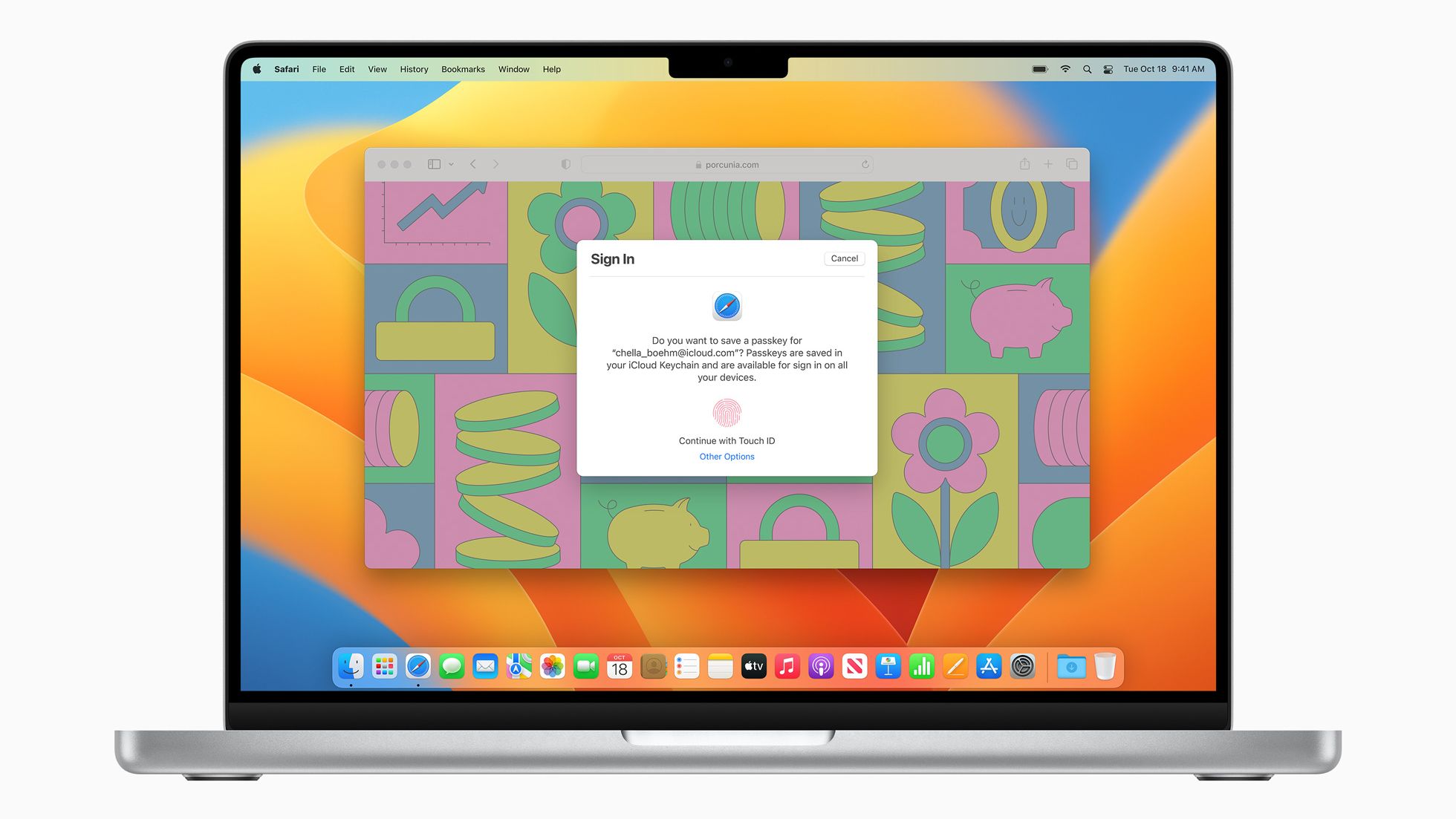Zoom: From pandemic upstart to hybrid work giant
The relatively unknown video conferencing service at the start of 2020 is now one of the biggest providers of hybrid work services


Zoom has unveiled a suite of new services for hybrid work environments as it continues its transformation from video conferencing platform to tech behemoth.
The firm made multiple announcements at its annual Zoomtopia conference on Monday, with new tools for cyber security, collaboration and application building.
Zoom's new focus is the modern workforce and the tools needed to supplement a mix of in-office and remote work. Zoomtopia announcements include a 'Video Engagement Centre', a digital canvas for asynchronous collaboration, a live translation and transcription services, and a partnership with Facebook-owned Oculus for 'Horizon Workrooms'.
The company also announced a new hot-desking service, which will be made available later in the year. This will be an interactive map that allows employees to reserve desks and space in the physical office - including Zoom Rooms and Zoom Phones.
The rise of Zoom has undoubtedly been aided by the pandemic, with few having heard of the video conferencing service at the beginning of 2020. However, by March, as COVID spread and lockdown measures began to be enforced, it had become a household name and the go-to service for business and pleasure.
It wasn't all great initially, however. Zoom had something of a PR disaster over its security policies, many of which were due to growing so big so quickly, according to the firm's CEO said. Encryption standards were an issue for a number of top companies, such as Google and even the country of Taiwan. Meeting ID numbers were easy to spot and led to the trend of 'Zoom bombing' which disrupted virtual trials and meetings around the world.
The firm pledged to improve its security and with every feature update since it has strengthened the service. During Monday's Zoomtopia announcements, it further bolstered its encryption protocols with a 'Bring Your Own Key' (BYOK) offering. This will start as a beta programme later in the year and was launched in tandem with an extension to end-to-end encryption (E2EE) for Zoom Phone.
Get the ITPro daily newsletter
Sign up today and you will receive a free copy of our Future Focus 2025 report - the leading guidance on AI, cybersecurity and other IT challenges as per 700+ senior executives
RELATED RESOURCE

Despite concerns surrounding the company, by the summer of 2020, Zoom recorded 355% growth in daily active users and arguably established itself as the biggest beneficiary of the pandemic. A number of analysts had suggested that its success was too closely tied to lockdowns and that it would fall with the roll out of the vaccine - much like the House Party app which Epic has recently killed off.
However, Zoom has continued to grow into 2021; the firm made its first billion-dollar acquisition with Five9 in July and it's services are still being widely used by remote workers. What's more, the company recently pushed out more hardware to improve in-office video connections - including physical desk phones that make video calls.
It seems Zoom is not content with being the breakout star of the coronavirus, as it now aims to be the go-to company for the future of hybrid work.
Bobby Hellard is ITPro's Reviews Editor and has worked on CloudPro and ChannelPro since 2018. In his time at ITPro, Bobby has covered stories for all the major technology companies, such as Apple, Microsoft, Amazon and Facebook, and regularly attends industry-leading events such as AWS Re:Invent and Google Cloud Next.
Bobby mainly covers hardware reviews, but you will also recognize him as the face of many of our video reviews of laptops and smartphones.
-
 Ransomware attacks are rising — but quiet payouts could mean there's more than actually reported
Ransomware attacks are rising — but quiet payouts could mean there's more than actually reportedNews Ransomware attacks continue to climb, but they may be even higher than official figures show as companies choose to quietly pay to make such incidents go away.
By Nicole Kobie
-
 Google tells some remote workers to return to the office or risk losing jobs
Google tells some remote workers to return to the office or risk losing jobsNews Google has warned remote workers will need to return to the office or else lose their jobs, according to reports.
By Ross Kelly
-
 The ultimate guide to getting your killer app off the ground
The ultimate guide to getting your killer app off the groundIndustry Insight When building software, the process of designing, testing, prototyping, and perfecting your project is never ending
By Jon Spinage
-
 New macOS Ventura security features make for a compelling upgrade
New macOS Ventura security features make for a compelling upgradeAnalysis Organisations will be sure to welcome the new security features, as well as the collaboration and organisational tools included in the new free update
By Zach Marzouk
-
 How to turn on Bluetooth for Windows 10
How to turn on Bluetooth for Windows 10In-depth A step by step guide to turning on Bluetooth in Windows 10 and easily connect your keyboard, mouse, headphones, or printer
By Zach Marzouk
-
 Microsoft reveals price decreases for Teams Rooms, new free tier
Microsoft reveals price decreases for Teams Rooms, new free tierNews Under the new plans, businesses with certified hardware can use the service at no extra cost
By Rory Bathgate
-
 Google urges Apple to embrace RCS as standard, ditch SMS for Android texts
Google urges Apple to embrace RCS as standard, ditch SMS for Android textsNews #GetTheMessage seeks to create viral pressure on Apple, with Google shaming its competitor for clinging to standards from which the rest of the market has moved on
By Rory Bathgate
-
 Google to pay $90 million settlement over Play Store billing dispute
Google to pay $90 million settlement over Play Store billing disputeNews The tech giant also announced changes to its Developer Distribution Agreement
By Praharsha Anand
-
 Mozilla suspends cryptocurrency donations following backlash
Mozilla suspends cryptocurrency donations following backlashNews However, the option to donate bitcoin to the Mozilla Foundation might return in the future
By Sabina Weston
-
 Nikulipe: Has COVID democratised online payments?
Nikulipe: Has COVID democratised online payments?Case Studies With more customers forced to buy online, are merchants offering the right ways to pay?
By Elliot Mulley-Goodbarne